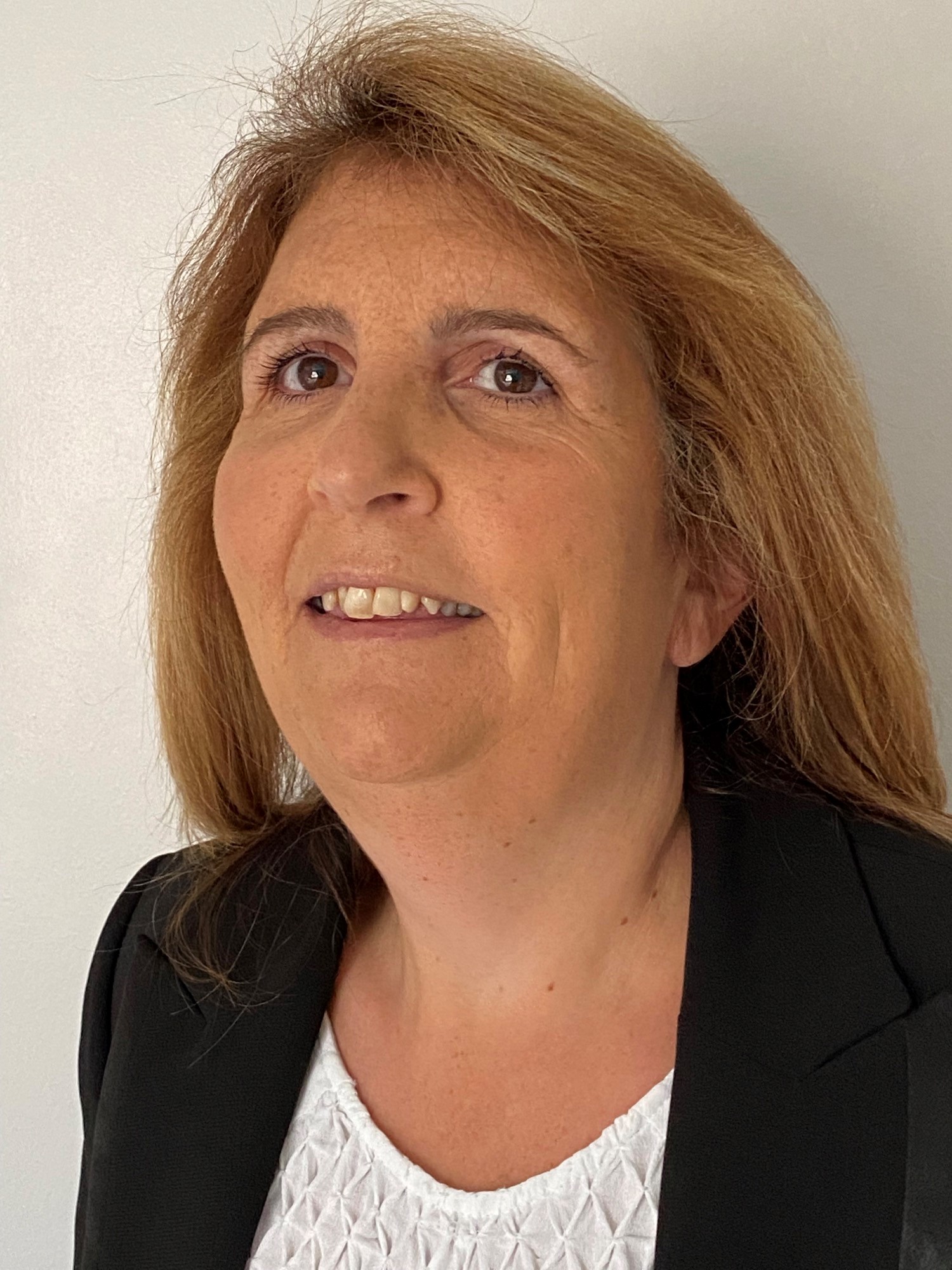We spoke to CIPFA apprentice Suman Chaudhary (left) from Reigate and Banstead Borough Council about her Counter Fraud Investigator Apprenticeship journey. She and her line manager, Michaela Lambart (right) explain how both have learnt a great deal from the experience.


“The risk of fraud in local authorities is massive,” Michaela Lambart explains. She and her team run counter fraud operations for all of Reigate and Banstead and even offer services to other local authorities and organisations. This includes where fraud has been committed and where there is a risk of it being committed.
Suman’s story
Suman has a degree in physiotherapy and came to the public sector and fraud investigation after moving to the UK from India with her husband. She began her career in 2018 in an administrative role at Reigate and Banstead Borough Council and is currently an intelligence officer in the fraud and financial investigations team.
Suman’s interest in counter fraud began when she worked as an associate clinical investigator at a US-based multinational company. She loved the challenges that came along with that role, and taking up her first job at Reigate Banstead marked her entry into the public sector.
Filling the knowledge gaps
Though Suman has learnt a lot through experience, the CIPFA Counter Fraud Investigator Apprenticeship (CFIA) has provided her with invaluable knowledge that will help her progress her career. “It’s been very good for me to be on this apprenticeship – it has provided me with that clear, in-depth knowledge on UK law and legislation that I need.”
Michaela was introduced to the idea of bringing in apprentices by partner colleagues at Oxford City Council at a time when a few of her intelligence officers were expressing an interest in becoming investigation officers, so she began to look at suitable apprenticeships. “We were growing as a team, so I was looking at ways my current staff could progress and become investigation officers, and I could then re-recruit intelligence officers via apprenticeships.”
Foundations for success
The CFIA’s comprehensive programme makes it accessible to everyone, no matter where you are in your counter fraud journey. “The course starts by teaching you the basics and then it grows from there. This definitely helps you retain knowledge in the long run,” Suman explains. “The practical sessions and lessons are brilliant. I want to become a fraud investigator, and I would definitely recommend this apprenticeship to others who want to do the same.”
Michaela acknowledges that coaching apprentices is a fantastic way to continually grow her team and their skillsets. She has witnessed this first hand in Suman: “She is able to coach other intelligence officers herself, including those who are happy remaining as intelligence officers and don’t want to progress. Her knowledge of legislation now is absolutely brilliant, and she talks them through what she’s learned, which helps them become all-round better officers.”
Learning together
It’s not just the apprentices who learn and develop. “When I first started, I was completely naïve, having not done apprenticeships before,” says Michaela. Having initially put four apprentices onto CFIA at the same time, Michaela advises that for something that reaps so many benefits, less is more, not least because the day job still has to be done. “It’s a great apprenticeship, but the apprentices need support – not only from CIPFA, who are brilliant, but they need my support as well. That is really important. My advice would be maximum two at a time. It’s worth my time and my team’s time to take it slow – seeing how the apprentices flourish is just amazing.”
Making an apprenticeship work for you
The benefits of furthering your education while earning a salary are widely acknowledged. However, a prospective apprentice may question taking on extra work when times are busy or when family life presents an added challenge. Suman explains why working with your studies and not against them is important and why she feels the positives of embarking on an apprenticeship outweigh the potential downsides: “You learn so much. There will be times when you think, ‘Oh, I have so much on at work’, and I’m a mum of two young children myself, but I have worked around my studies. If you do this, and just get your head into it, then there’ll be no struggle. That would be my advice to all those considering an apprenticeship.”
On the employer’s side, making an apprenticeship work means organisation, planning and incorporating learning into the daily routine. “We’re getting along really nicely,” Michaela says. “It takes organisation on my part and being prepared for meetings. We have a weekly meeting with each apprentice, and I have an hour with them on their study days – usually in the afternoon, so they can do their work in the morning and then bring any questions to me later. That has worked brilliantly.”
Michaela’s advice for others considering recruiting counter fraud apprentices? “Don’t even think about it – just go for it. I had no idea what apprentices would bring when I first took them on. I now hope to always have an apprentice going through CIPFA. We’re growing as a team, taking on more contracts, and I want to be able to promote those apprentices to investigation officers eventually.”
Contact us
CIPFA has two Counter Fraud Investigator Apprenticeship intakes a year, one starting in the spring and one in the autumn. If you have any queries, including how to go about recruiting an apprentice, contact the apprenticeship team: apprenticeships@cipfa.org.
